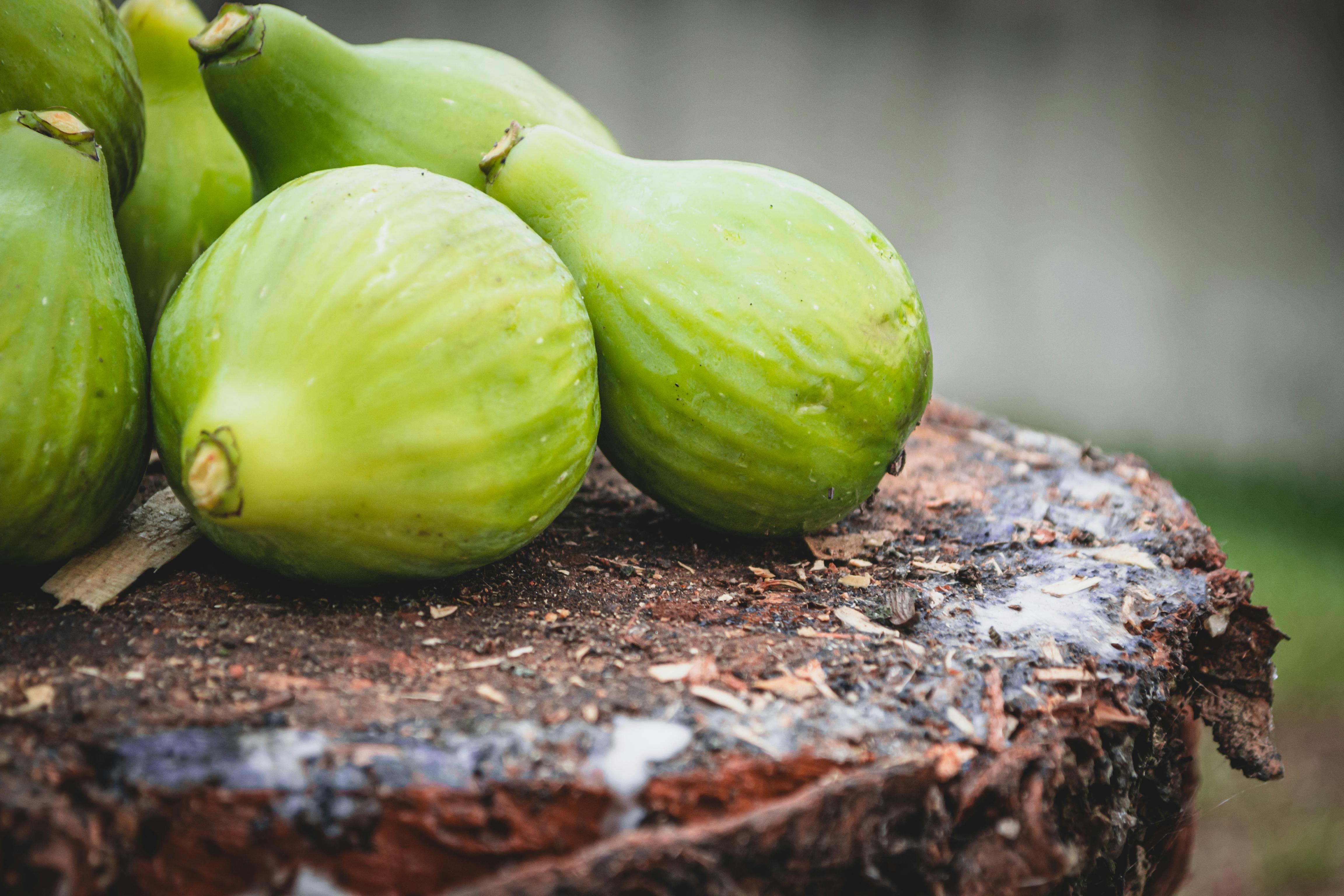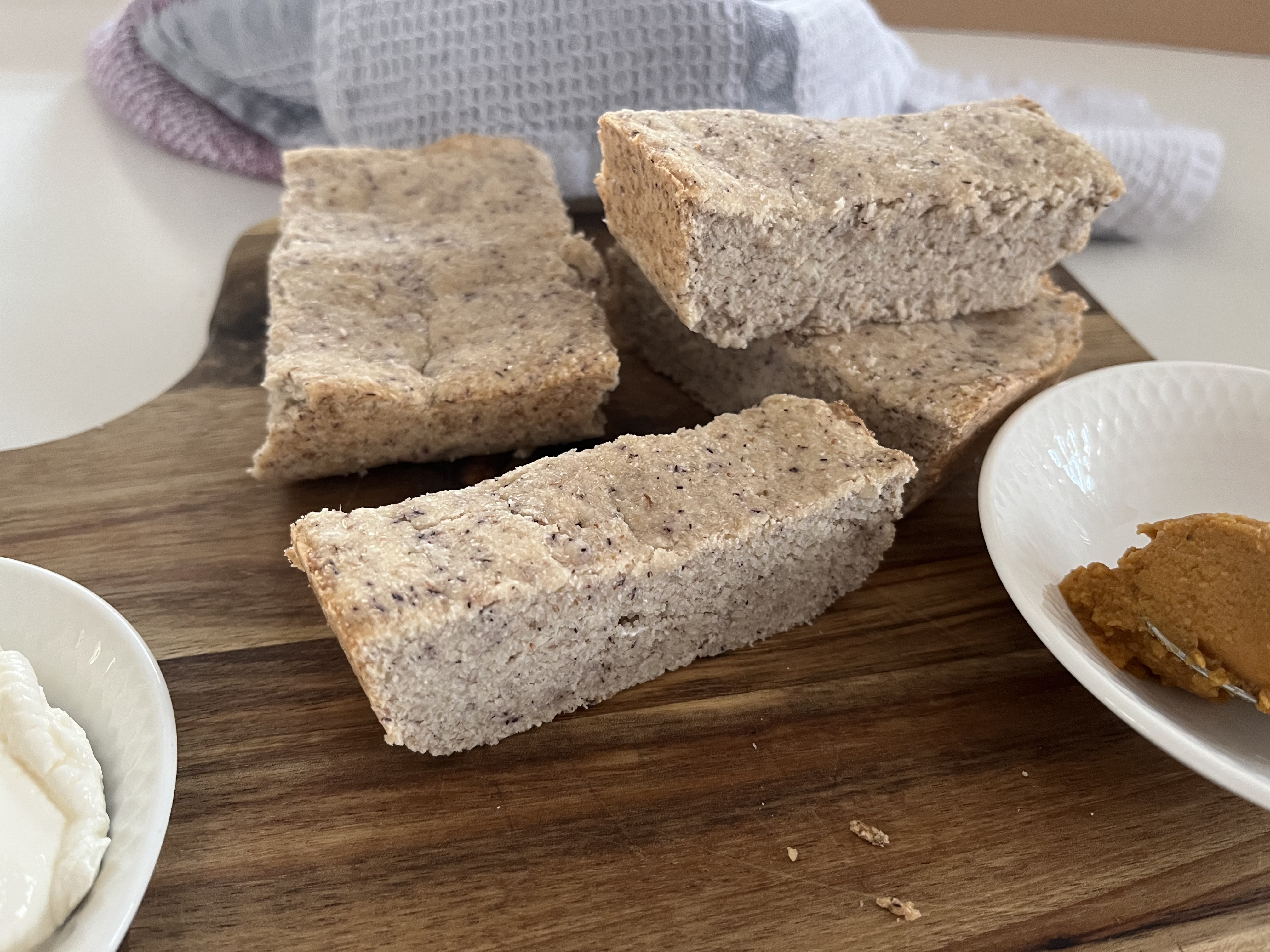 |
Nature’s Dessert Cookbook: Healthy, Delicious & Naturally Sweet Recipes Don’t want or can’t tolerate sugar alcohols and artificial sweeteners? This cookbook is for you! Every dessert is naturally sweetened with whole ingredients rich in fiber and protein, slowing sugar absorption and making them diabetic-friendly. It gathers your favorite recipes from the website—plus brand-new ones—all in one convenient place. Indulge in truly natural treats without compromise! |
 |
Diabetic Baked Goods: Everyday Bakes for Every Meal Diabetic cookbook designed to make healthy baking simple, accessible, and enjoyable. This collection of low-carb, high-fiber, and protein-rich recipes provides a reliable solution for those looking to enjoy diabetic bread and baked goods without blood sugar spikes. Every recipe includes a video tutorial, making it even easier to follow along and bake with confidence! |
 |
What Makes This Cookbook Different?
|
Best Fruit for Diabetics: Exploring the Benefits of Berries
Often praised for their vibrant colors and succulent taste, berries are widely recognized as the best fruit for diabetics. They provide natural sweetness and essential nutrients while maintaining a low glycemic impact.
From strawberries and blueberries to raspberries and blackberries, these delectable fruits delight our palates and support our health in numerous ways. Packed with antioxidants, vitamins, and fiber, berries offer substantial benefits, especially for those managing diabetes1.
Nutritional Powerhouses: Why Berries are Best Fruit for Diabetics
Scientific studies2 have highlighted the positive impact that berries can have on blood sugar regulation, making them some of the healthiest fruits for diabetics. Their high fiber content and low glycemic index help stabilize blood glucose levels, preventing spikes that are typically a concern for those with diabetes or caregivers of diabetic children. Integrating berries into your diet can be a strategic choice for managing diabetes while enjoying delicious flavors.
One of the standout properties of berries is their antioxidant content. These natural compounds play a crucial role in protecting our body’s cells from oxidative stress, a risk factor for many chronic diseases, including diabetes. For example, blueberries are rich in anthocyanins, which have been linked to improved insulin sensitivity and lower blood sugar levels, making them formidable allies in our quest for a healthier lifestyle.
In addition to antioxidants, berries are an excellent source of essential vitamins such as Vitamin C, Vitamin K, and folate. These nutrients support various bodily functions—from boosting the immune system to aiding in blood clotting and supporting cellular health. For diabetics, maintaining these functions is paramount, and including berries can contribute significantly to overall health.
The fiber content in berries is another reason they are considered among the healthiest fruits for managing diabetes. Fiber slows down the digestion and absorption of sugar, providing a gradual release of glucose into the bloodstream. Raspberries, in particular, are fiber-rich, offering nearly 8 grams per cup, which can help keep you feeling full longer and may reduce overall calorie intake—beneficial for those managing weight alongside diabetes.
For those meticulously monitoring carbohydrate intake, berries are an advantageous option. They offer abundant flavor and nutrients with relatively low carbohydrate content compared to other fruits. A serving of strawberries, for instance, contains only about 12 grams of carbohydrates, making them an easily manageable addition to a diabetic meal plan.

Versatile Culinary Uses: Incorporating Berries Into Your Diet
Adding to the versatility of berries is their natural sweetness, which makes them an ideal substitute for sugar in desserts and snacks. Berries not only add sweetness but also a depth of flavor that sugar simply cannot achieve. For families like ours, where managing diabetes is a daily concern, using berries as a sweetener combines health benefits with culinary enjoyment.
Fresh berries are the best option for maximizing nutritional benefits. However, availability can be seasonal and not always accessible. In such cases, opting for jams or preserves made without added sugar can be a practical alternative. These products maintain much of the nutritional profile of fresh berries and can be used in various recipes.
While fresh berries are a top preference, frozen berries are also valuable, especially off-season. Flash-frozen at their peak ripeness, they retain a high level of nutrients and can be used in smoothies, baked goods, or even enjoyed as a snack. They offer the added convenience of being available year-round, ensuring your family can enjoy their benefits no matter the season.
Delicious Recipes and Creative Applications for Berries

I often use berries for breakfast, spreading them on wholemeal homemade bread or adding them to Greek yogurt along with flax, sunflower, or chia seeds. In desserts, I sometimes mash them to naturally sweeten a sponge cake or use them as a pie filling. Often, I simply mix them into a cream made by blending peanut butter with melted dark chocolate, or I scatter them on top as a delightful decoration.
On my website, you'll also find a recipe for the simplest cake in the world, which I created by mixing a frozen berry blend with dry ingredients. The juice from the fruit provides enough moisture, so the cake doesn’t require any added fat. It’s incredible how such a simple recipe can yield a delicious cake—believe me, I was surprised! I didn’t have time to make a more complex cake, but that can sometimes be a good thing.
Blueberry muffins made with whole wheat flour or a raspberry compote poured over an almond cake can transform ordinary desserts into extraordinary experiences filled with nourishment and flavor. These baked goods can be created using mindful ingredients that emphasize the health benefits of berries.
Creative culinary uses for berries extend beyond desserts; they can be incorporated into savory dishes as well, providing a unique twist and healthier profile. Personally, I love the sweet-sour note that berries bring to a dish.
Consider a spinach salad dotted with fresh strawberries or a glaze made with reduced blackberries to complement grilled meats. These dishes are not only pleasing to the palate but also beneficial to your health.
For adventurous home chefs, crafting a homemade berry syrup without added sugar can elevate breakfast dishes. Use it over pancakes, waffles, or even oatmeal. By simply simmering berries with a splash of water until they break, then straining, you create a naturally sweet delight that supports your health goals.
Tips for Mindful Consumption
It is essential to wash berries thoroughly before consumption to remove any pesticides or residues. When available, organic berries are a wise choice, as they typically contain fewer pesticides, offering a healthier alternative.
Remember that moderation is key, even when enjoying healthy fruits for diabetes like berries. While they are nutrient-dense, practicing portion control is important for maintaining balanced blood sugar levels. Encouraging awareness of this balance is crucial for long-term health and the enjoyment of life's fruit-filled pleasures, so berries can truly be considered the best fruit for diabetics.
In conclusion, berries are undoubtedly among the best fruit for diabetics due to their low glycemic index, rich array of nutrients, and remarkable versatility. These tiny yet mighty fruits add a splash of color and health to your daily routine. Embrace the bounty that berries offer, and feel confident in incorporating them into your diet, as nature provides a way to satisfy sweet cravings in a nourishing manner.







